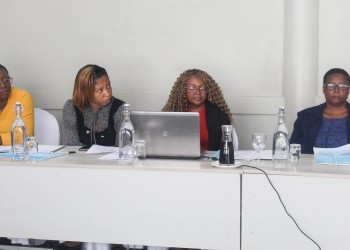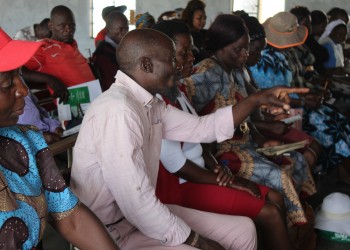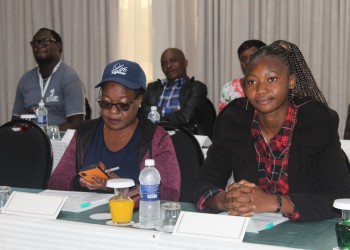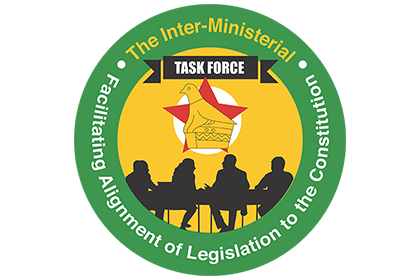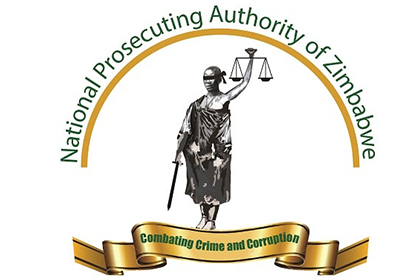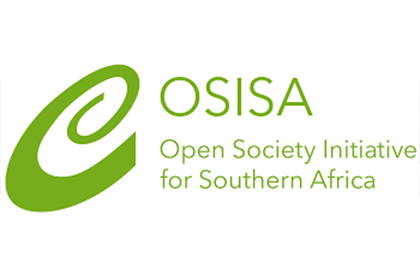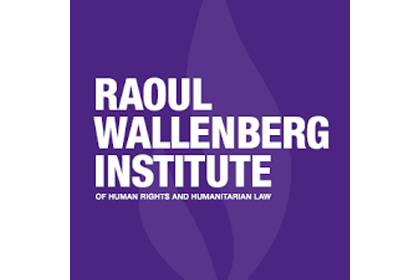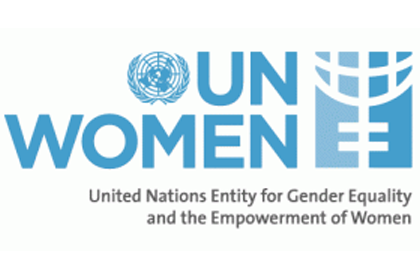CENTRE FOR APPLIED LEGAL RESEARCH
The Centre for Applied Legal Research (CALR) is an independent research institute that empowers people, organizations and governments with sound and evidence-based legal and policy solutions and services that enhance development.
MAKING THE LAW WORK FOR DEVELOPMENT
FLAGSHIP PROJECTS
About us
CALR
-
Networking Platform for Human Rights Training Alumni
The Raoul Wallenberg Institute of Human Rights and Humanitarian Law (RWI), working in cooperation with the Centre for Applied Legal Research (CALR), has since 2016 held several Professional Training Programmes (PTPs) in human rights. On March 20, 2024, several alumni picked from different PTPs attended an alumni meeting in Harare. The meeting was a platform
April 19, 2024 -
Zimbabwe on course to scrap death penalty
With support from the Centre for Applied Legal Research (CALR) and the Switzerland Embassy to Malawi, Zambia and Zimbabwe, the Ministry of Justice, Legal and Parliamentary Affairs (MoJLPA) early last year held nationwide grassroots stakeholder consultations soliciting people’s views regarding the death penalty. A report was produced by the Ministry which captured people’s views regarding
February 8, 2024 -
To Abolish or Retain the death penalty, Zimbabwe Searches for a Position
Zimbabwe has not had any executions since 2005, the nation has been on a de facto moratorium on executions for 18 years. Through the Ministry of Justice, Legal and Parliamentary Affairs (MoJLPA), the government embarked on a nationwide grassroots consultation programme where the MoJLPA sought to hear people’s views regarding the death penalty. With support
April 28, 2023 -
Ministry of Justice Gears to Consult the Masses on the Death Penalty
Following the announcement by the Ministry of Justice, Legal and Parliamentary Affairs (MoJLPA) that it will hold nationwide consultations on the death penalty, seeking to solicit people’s views on it, the Ministry of Justice held Training of the Trainers’ sessions (ToTs) in Harare, Bulawayo and Mutare. The ToTs ran from the 13th of March to
March 27, 2023










